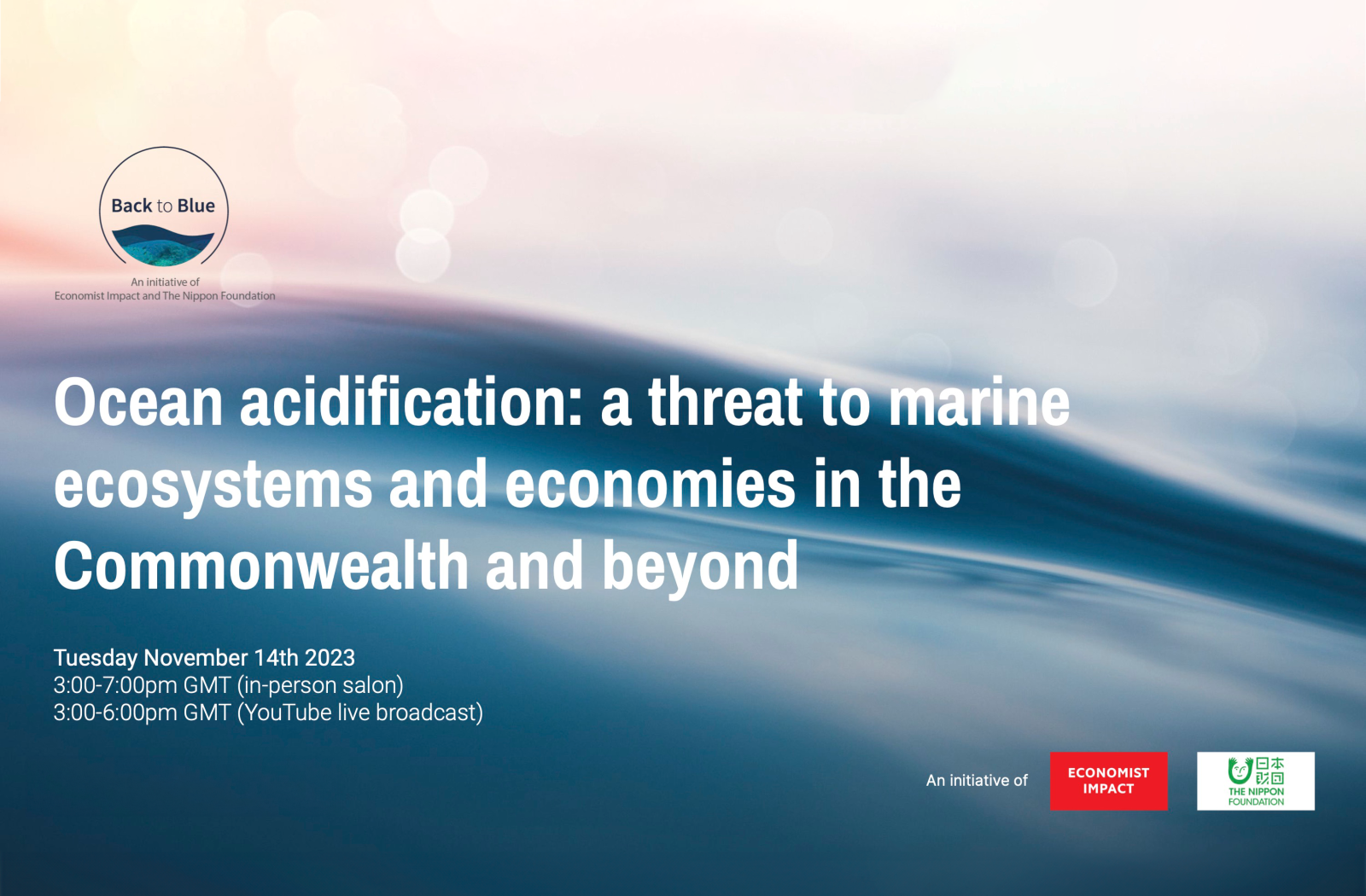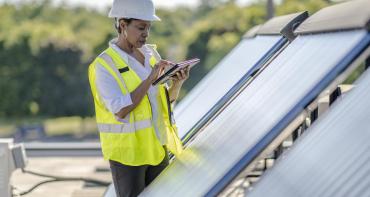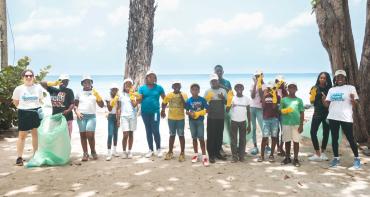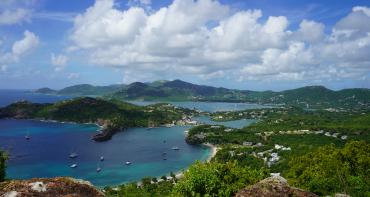Ahead of the UN Climate Change Conference COP28, experts and government officials will discuss the ongoing threat of ocean acidification, and its damaging impacts on marine and coastal ecosystems, blue food systems and sustainable blue economies.

This event will take place in person at Marlborough House, the Commonwealth headquarters in London, and also broadcast live on YouTube.
The continued growth of CO2 emissions poses a grave threat to marine species, food chains and economies in the form of ocean acidification. The ocean absorbs up to 30% of annual carbon emissions, resulting in a fall in the pH value of its seawaters, thus signifying a rise in their acidity.
The past 20–30 years have seen a rapid increase in ocean acidification and, unless decisive actions are taken to stem emissions, it will continue to rise. This will have detrimental impacts on the chemistry of the oceans, threatening the well-being of the marine ecosystems, coastal industries and the human communities that depend on them.
Commonwealth countries are highly vulnerable to the adverse impacts of ocean acidification. Of the 56 Commonwealth members, 49 have marine coastlines, and 25 are small island developing states (SIDS). Recognising the gravity of the threat, the Commonwealth Blue Charter established an Ocean Acidification Action Group, under the leadership of New Zealand, to address its impacts and share knowledge about how to mitigate them.
This event, organised by Back to Blue, an ocean health initiative of Economist Impact and The Nippon Foundation, will bring together senior government representatives, policymakers, scientists and other ocean experts from within and outside the Commonwealth to discuss this growing crisis.
The discussion will explore the threat ocean acidification poses to marine ecosystems and the potential consequences for economies, communities, and individuals, and showcase best practices that can be adopted to mitigate its impact.
Panellists
- Mitsuyuki Unno, Executive Director, The Nippon Foundation
- Rt. Hon. Patricia Scotland KC, Secretary-General of The Commonwealth
- Hon. Phil Goff, High Commissioner of New Zealand to the United Kingdom
- Nicholas Hardman-Mountford, Head of Oceans and Natural Resources, The Commonwealth Secretariat
- Steve Widdicombe, Director of Science, Plymouth Marine Laboratory
- Jessie Turner, Executive Director, OA Alliance
- Helen Findlay, Senior Scientist, Plymouth Marine Laboratory
- H.E Karen-Mae Hill, High Commissioner of Antigua and Barbuda to the United Kingdom



